LEADING CITIES
Added on: 26th May 2016
UR
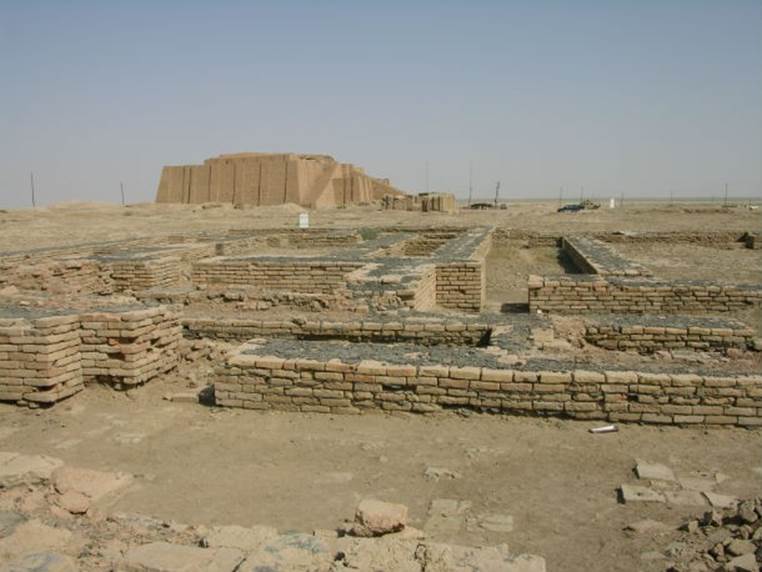
Ur was a city in Sumer, in southern Mesopotamia, in what is now
Iraq. According to biblical tradition, Ur was named after the man
who founded the first settlement there, though this has been
disputed. The city’s other biblical link is to the patriarch
Abraham, who left Ur to settle in Canaan. Whatever its biblical
connections may have been, Ur was a significant port city
on the Persian Gulf which began, most likely, as a small village
in the Ubaid Period of Mesopotamian history (5000–4100 BCE),
an established city by 3800, and continually inhabited until 450 BCE.
CONSTANTINOPLE
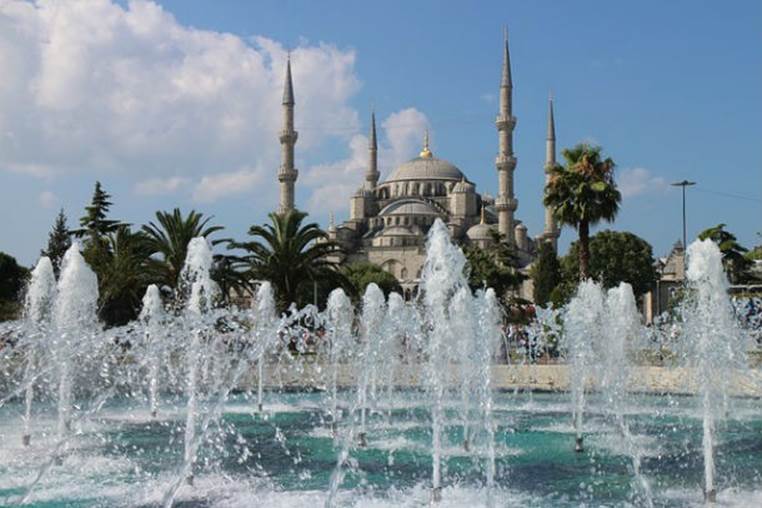
With a history of thousands of years Constantinople, founded by
the ancient Greeks as Byzantion and which is today known as
Istanbul, experienced its most glorious days as the capital of
the vast Byzantine Empire. The city was known for its architectural
masterpieces such as the Greek Orthodox cathedral Hagia
Sophia, which served as the seat of the Ecumenical Patriarchate
and the sacred Imperial Palace where the Byzantine emperors resided.
BEIJING
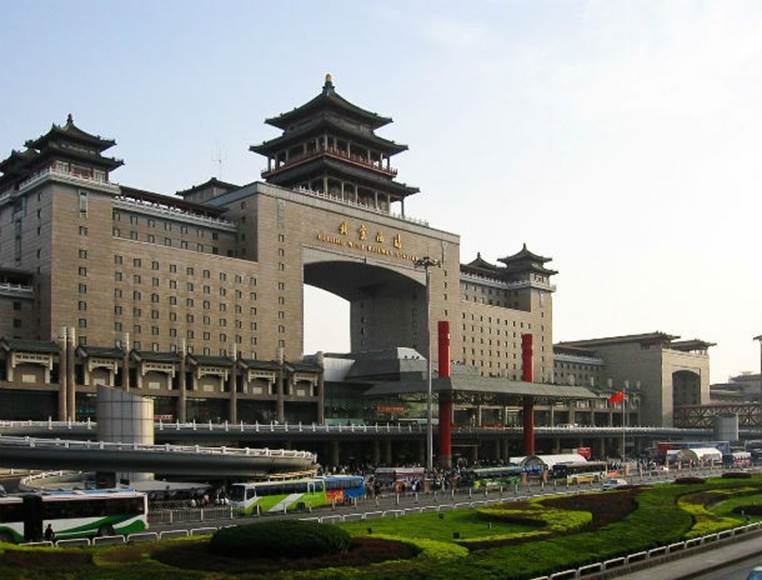
Beijing, China’s massive capital, has an immense history stretching
back three millennia. It’s widely known for its modern architecture
as well as for its ancient sites including the grand Forbidden City
complex, the imperial palace during the Ming and Qing dynasties.
BABYLON
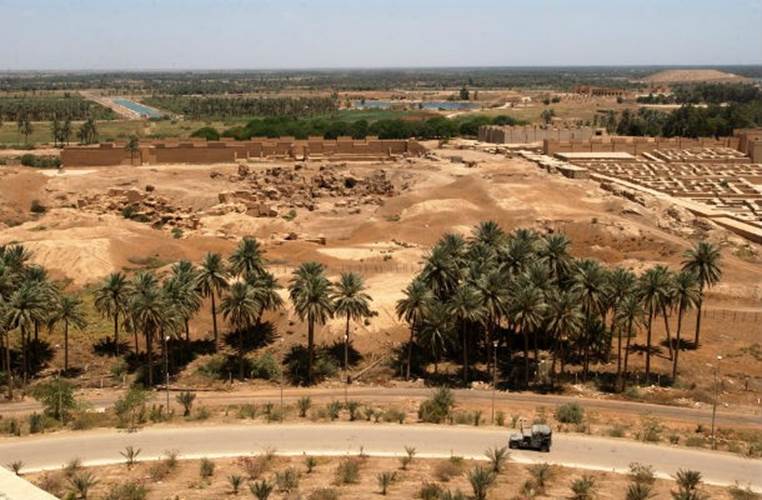
Located about sixty miles south of Baghdad in modern-day Iraq,
the ancient city of Babylon served for nearly two millennia as a
centre of Mesopotamian civilization. Hammurabi, one of its early
rulers, created the first recorded system of laws, while in later
times the Babylonian language would be used across the
Middle East as a way of communicating across borders.
Another of the city’s great accomplishments, according to
legend, was the construction of the Hanging Gardens, a wonder
of the ancient world, which some believe was built by the
biblical king Nebuchadnezzar II.
ROME
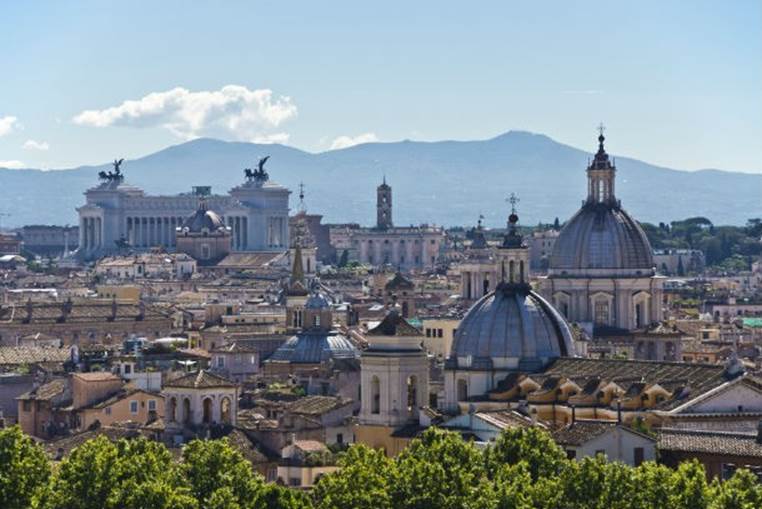
Rome is synonymous with the most famous empire in human
history, lasting for hundreds of years and dominating most of
the known world of antiquity. It is also the home of Catholicism
and the pope’s base, with millions of religious tourists
visiting every year.
MECCA
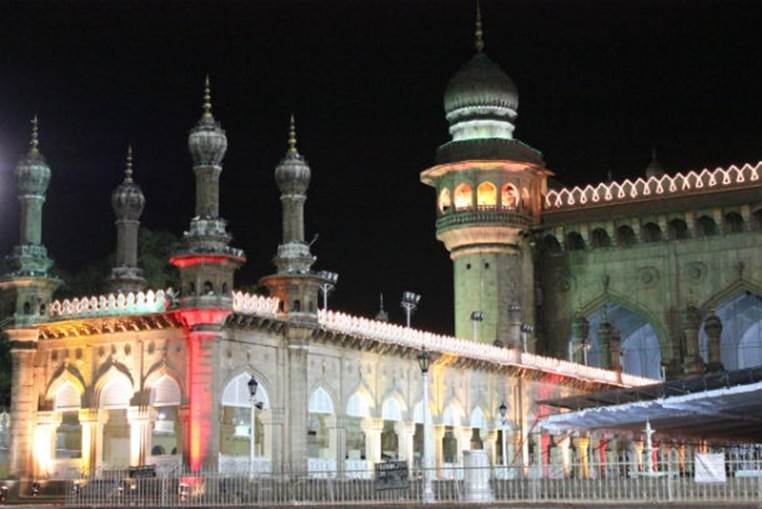
In the year 570 CE, in the city of Mecca, in what is today Saudi Arabia,
Mohammed was born. He would become the founder of Islam, a
mighty monotheistic religion that has over a billion adherents.
It is a religion that would come to exert a great influence on
civilization and human history in general. Today, more than
fifteen million Muslims visit Mecca each year, including several
million during the annual Hajj, the pilgrimage all Muslims
are required to take at least once in their lifetime.
JERUSALEM
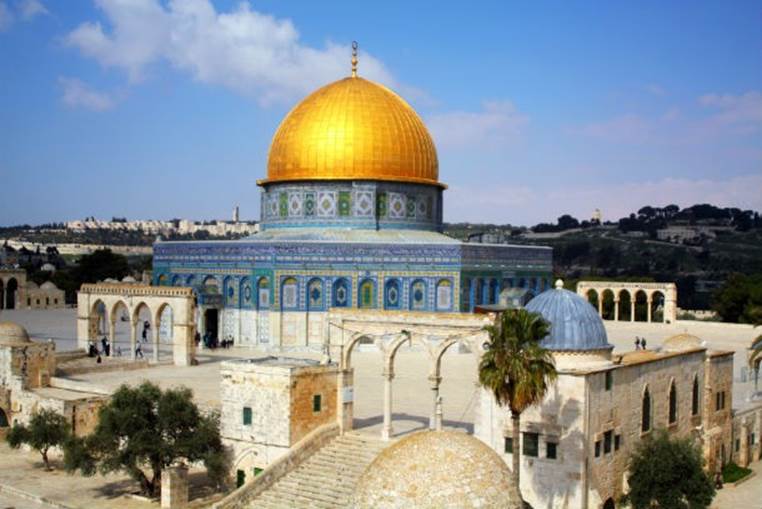
Jerusalem, a city in central Israel west of the Dead Sea, has been a
place of pilgrimage and worship for Christians, Jews, and Muslims
since the biblical era. The Old City retains significant religious
sites including the Temple Mount compound and the Western Wall,
sacred to Judaism, and the Dome of the Rock, a
seventh-century Islamic shrine with a gold rotunda.
ATHENS
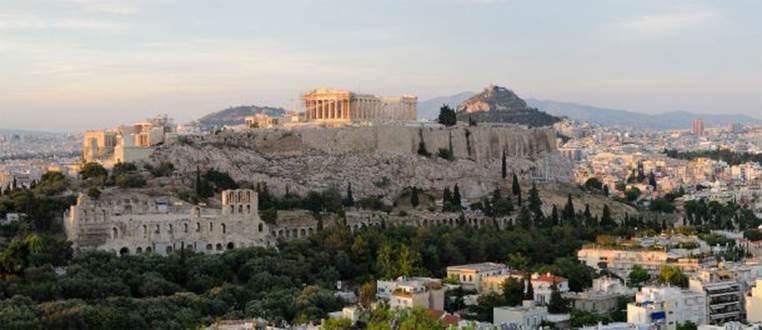
Birthplace of Western civilization, Athens is the most influential
city ever in the fields of philosophy, architecture, politics, science
and free thinking, as well as the original home of what is
considered the most ideal system of government: democracy.
Athens also became the first city to organize the first modern
Olympics back in 1896. Some of its most famous citizens include
giants such as Socrates, Plato, Solon, and Pericles.

Comment on this